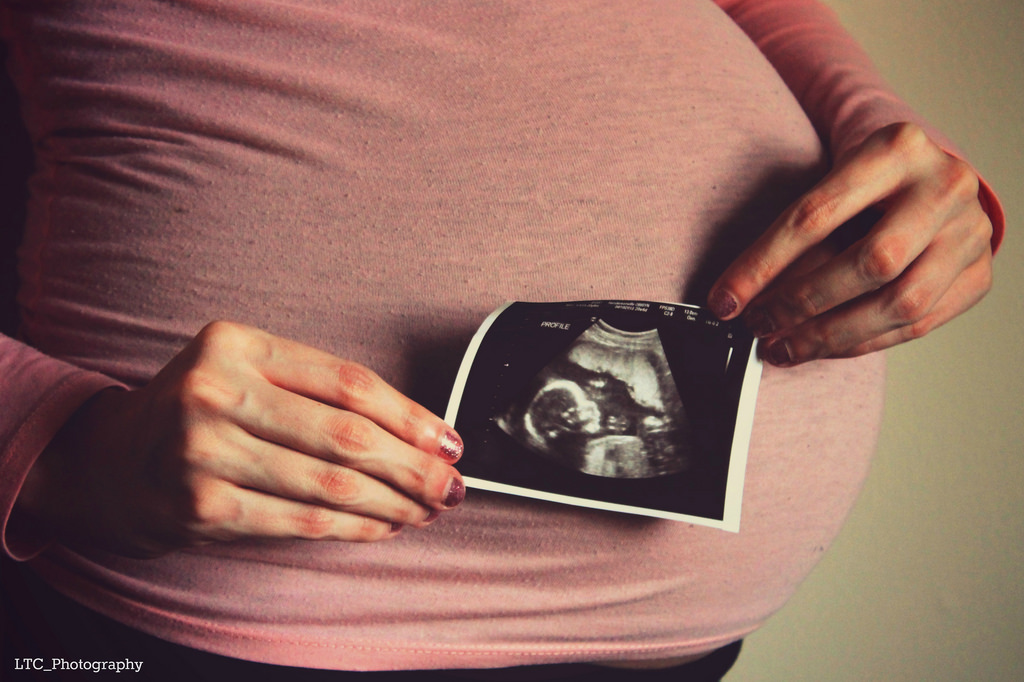Vitamin D deficiency is more common than ever, and many experts are concerned that this deficiency may lead to a wide variety of health problems, including depression. The active form of vitamin D is produced by the human body as a byproduct of natural sun exposure; it is also found in certain foods, including some kinds of fish, egg yolks, and fortified dairy and grain products. Certain people – those with decreased sun exposure or diets with low vitamin D – may be more vulnerable to vitamin D deficiency. Vitamin D insufficiency is more prevalent among African Americans (blacks) than other Americans primarily because skin pigmentation reduces vitamin D production.
Low levels of vitamin D have been associated with a spectrum of health problems, including cardiovascular disease, cancer, and depression, and several studies which link low vitamin D levels with perinatal depression. Exactly how vitamin D insufficiency may modulate one’s vulnerability to depression, or to other illnesses, is not well understood. One theory is that vitamin D inhibits inflammation. And this makes sense given that inflammation is believed to play an important role in the pathogenesis of these disorders; however, there is some controversy here, with some researchers postulating that low vitamin D is a consequence of chronic inflammation rather than the cause.
To better understand the relationship between vitamin D levels, inflammation, and postpartum depression, a recent prospective study tested whether levels of vitamin D and inflammatory cytokines predict postpartum depression (PPD) symptoms in pregnant African American women. The researchers found an inverse correlation between vitamin D levels and PPD symptoms, an effect which was moderated by levels of interleukin-6 and IL-6/IL-10. Among women with higher levels of inflammatory markers, lower prenatal vitamin D levels were associated with significantly higher PPD symptoms. These preliminary results are intriguing. If we assume that vitamin D modulates the inflammatory response, one could hypothesize that increasing vitamin D levels in pregnant women with elevated pro-inflammatory cytokines may either prevent or reduce PPD symptoms.
While we do not yet know if supplementing with vitamin D would prevent or treat depressive symptoms in this setting, women who are pregnant or planning to conceive should be screened for vitamin D deficiency. But vitamin D is not just good for mom’s mental health. Several studies have shown that maternal vitamin D status early in pregnancy is associated with risk of low birth weight and small-for-gestational age infants. Other studies have demonstrated that mothers with lower vitamin D levels are at increased risk for gestational diabetes, hypertension, and pre-eclampsia. Also of note is the fact that mothers with low vitamin D status secrete lower levels of vitamin D into the breast milk, putting exclusively nursing infants at risk of vitamin D deficiency (Haggerty, 2011).
Of late, there has been some controversy regarding the adequate dosage of vitamin D. The Institute of Medicine committee has published recommendations for various age groups, reflecting scientific evidence for the health benefits of vitamin D. For adults (70 and younger), the recommended daily allowance is 600 IU/day. Most prenatal vitamins contain 400 IU of vitamin D. Interestingly several recent studies showing the benefits of vitamin D in pregnancy used doses of 4,000 IU per day; however, most health groups recommend taking no more than 2,000 IU of the vitamin in supplement per day. The risk of adverse events increases above 4,000 IU per day.
Both D2 and D3 are effective for raising blood levels of vitamin D, many experts recommend supplementing with vitamin D3, the form that is produced naturally by the body. However, vitamin D3 supplements are typically derived from cod liver oil or lanolin and are therefore not vegetarian. If an individual has concerns about taking vitamin D3, then vitamin D2 (which is plant-derived) can be an effective replacement.
Ruta Nonacs, MD PhD
Accortt EE, et al. Lower prenatal vitamin D status and postpartum depressive symptomatology in African American women: Preliminary evidence for moderation by inflammatory cytokines. Arch Womens Ment Health 2015.






Leave A Comment